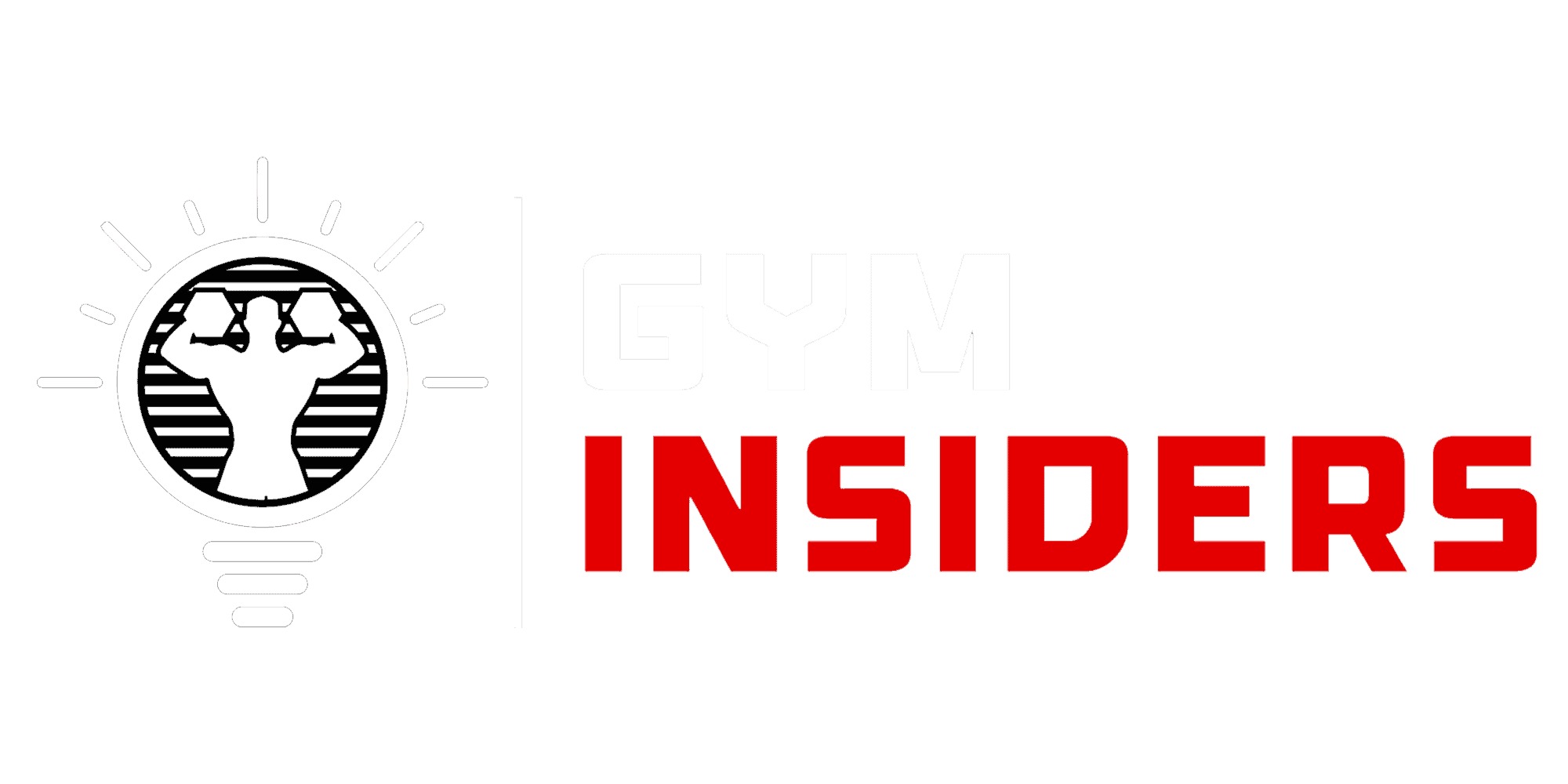Introduction
In the dynamic world of fitness and health clubs, the success of a gym – be it a public gym, a fitness club, or a national fitness center – often hinges on the strength of its foundation: the employees. These individuals are the pillars that uphold the values, the brand, and the unique gym & fitness experience that sets your establishment apart from other good gyms and top gyms across the nation. Aligning your team with the company’s ethos, especially in a setting as personal and interactive as a fitness center, is a vital task. This is particularly true where employees are the frontline warriors, adeptly handling sensitive member issues and upholding stringent company policies.
Table of Contents
When a member walks through the doors of your fitness club, their experience is shaped by the person who greets them, the instructor who motivates them in the fitness room, and the staff member who addresses their concerns. This article delves into complex scenarios that staff at health fitness centers often encounter, presenting best practices that foster unity and professionalism. From handling disgruntled members over late fees to dealing with policy misunderstandings in club fitness settings, and managing changes that affect your gym’s community – each situation requires a nuanced approach. Drawing from industry leaders like IHRSA and IDEA Health & Fitness Association, this comprehensive guide resonates with gym operators and managers, ensuring your gym stands out as a beacon of excellence in the competitive landscape of gyms in the US.
Handling Difficult Conversations with Members
Scenario: Late Fees and Member Frustrations
Discussing late fees with members is a delicate situation that staff in the best gym and fitness systems routinely face. These conversations often occur under tense circumstances, especially when a member is surprised by an additional charge. The situation becomes more complex when staff members have developed personal rapport with members, making the conversation awkward and potentially fraught with missteps.
Understanding the Challenge:
Late fees, while standard in gym management, can feel punitive to members. Employees in fitness solutions, particularly those who interact daily with members, might struggle to balance professionalism with empathy. It’s a tightrope walk between maintaining the best gym practices and nurturing personal connections.
Best Practices for Addressing Late Fees:
Empathy, Then Educate: Begin by acknowledging the member’s frustration, a crucial step in public gym settings. Use phrases like, “I understand why this is upsetting,” before transitioning to explain the policy. This balance of empathy and education upholds gym & fitness standards.
Scripted Responses: Prepare and practice scripted responses for common scenarios in health club environments. For instance, “While this fee is unexpected, it is consistently applied to ensure fairness in our fitness club.”
Role-play Exercises: Regular role-play exercises help staff handle emotional or confrontational members, a key aspect of fitness center operations.
Avoiding Common Pitfalls:
Never Side Against the Company: Employees should avoid statements that undermine the gym’s policies, especially in national gyms where maintaining a uniform standard is crucial.
Consistency is Key: In any good gym or fitness system, consistency in policy enforcement is essential for maintaining member trust.
Word-for-Word Examples:
“I see where you’re coming from. Our late fee policy helps us manage our operations smoothly. Let’s see what we can do about this situation.”
“It’s frustrating to receive an unexpected fee. Let me explain why this policy is in place. It’s important for us to maintain consistency and fairness for all our members in our fitness center.”
By equipping your staff with the right tools and training, you ensure they handle these conversations with professionalism and empathy, aligning with your gym’s values and maintaining a positive atmosphere in your fitness solutions.
Policy Adherence and Professionalism
Scenario: Guest Pass Policy Miscommunications
A common yet complex interaction in fitness centers and health clubs involves the issuance of guest passes. This situation becomes particularly challenging when an employee, either eager to please or unaware, fails to properly explain the guest pass policy, leading to confusion and potentially damaging the reputation of your fitness club.
Understanding the Challenge:
When members of a public gym or fitness club request guest passes, they expect a straightforward process. However, miscommunication or deviation from the policy can lead to misalignment and perceptions of unprofessionalism. It’s crucial for employees, especially in top gyms and national fitness centers, to balance being accommodating with maintaining policy integrity.
Strategies for Clear Policy Communication:
Consistent Training: It’s essential that all staff, particularly in a club fitness or gym setting, are thoroughly trained on the guest pass policy. This includes understanding the eligibility for guest passes and how to communicate this effectively.
Scripting and Role-Playing: Develop clear scripts for employees to use when explaining guest pass policies, a key aspect of gym management. Role-playing sessions help staff in fitness centers become comfortable with these conversations.
Empowerment Through Knowledge: Ensure employees understand not just the ‘what’, but also the ‘why’ behind gym policies. This empowers them to communicate with confidence and authority in any health fitness center.
Handling Non-Qualification Scenarios:
When a prospect doesn’t qualify for a free pass in a public gym, employees should be trained to handle the situation tactfully. Offering alternative solutions, like a paid trial pass, can be effective in maintaining a positive experience.
Avoiding Common Pitfalls:
Inconsistent Information: Ensure all staff, particularly in national gyms, provide consistent information about guest passes to avoid confusion.
Positive Framing: Focus on positively framing the policy and its benefits, rather than using negative language.
Professional and Clear Communication Examples:
“I’m glad you’re interested in bringing a friend! Let me explain how our guest pass works. It’s a great way for them to experience our fitness club.”
“While they don’t meet our criteria for a free pass, we have an excellent option for a trial pass at a reduced rate.”
Ensuring that your team in your fitness center or health club can handle these situations professionally is key to maintaining smooth operations and member satisfaction.
Managing Change and Member Expectations
Scenario: Changes in Exercise Classes and Instructors
Changes in exercise classes or instructors can have a significant impact on members of a fitness center or health club, often leading to disappointment or frustration. Such changes, while necessary, can disrupt routines and attachments to specific classes or instructors.
Understanding the Challenge:
For members of a fitness club or public gym, these changes can be disruptive. Staff must be equipped to empathetically handle these reactions while effectively communicating the reasons for the changes.
Strategies for Managing Member Reactions to Change:
Proactive Communication: Inform members of changes in advance through various channels, a crucial aspect of gym & fitness management.
FAQ Preparation: Prepare a list of FAQs to address potential concerns in your health club or fitness system, ensuring staff members provide consistent and accurate information.
Directing to Management: In a fitness center or club fitness environment, directing members with unresolved questions to management ensures that their concerns are taken seriously.
Handling Member Frustrations:
Empathy is Key: Active listening and empathy are essential when addressing member frustrations in a gym or fitness club.
Consistent Messaging: Focus on the positive aspects of changes, ensuring clear and consistent communication in your fitness solutions.
Avoiding Common Pitfalls:
Neglecting to Inform Staff: Keep all staff informed to avoid misinformation in your fitness system or health club.
Valuing Member Feedback: Incorporate member feedback into future decisions, showing that their opinions are valued in your fitness club.
Effective Communication Examples:
“We understand your attachment to the yoga class. The change was made to enhance our fitness offerings. We encourage you to try the new classes and share your thoughts.”
“Our new instructor brings a fresh approach that we’re excited about. We invite you to experience their class and let us know your feedback.”
Navigating these changes requires sensitivity and informed approaches, ensuring positive impacts on your gym’s community.
Disciplinary Actions and Team Environment
Scenario: Addressing Policy Violations Among Employees
In the setting of a gym & fitness center, disciplinary actions are crucial for upholding standards and policies. Addressing violations like tardiness, mishandled transactions, or more severe issues such as theft or gross misconduct, needs to be handled sensitively, as it impacts the team environment and members’ perceptions.
Understanding the Challenge:
When an employee in a fitness club or health club violates company policies, it’s a matter that affects the entire team. This is especially true in top gyms and national fitness centers where maintaining a high standard is essential. The handling of these issues influences team morale, trust in management, and the overall work environment.
Best Practices for Handling Disciplinary Conversations:
Privacy and Respect: Conduct disciplinary conversations in private, respecting the employee’s dignity, a key practice in effective gym management.
Clarity and Documentation: Be clear about the violation and its consequences, documenting these conversations for legal compliance and future reference in your fitness system.
Focus on Improvement: Use disciplinary situations as opportunities for employee development, especially in a health fitness environment.
Dealing with Team Dynamics Post-Discipline:
Confidentiality: Stress the importance of confidentiality among team members in your fitness club.
Open Communication: Foster a culture of open communication and trust in your gym or fitness center.
Avoiding Common Pitfalls:
Gossip and Speculation: Actively discourage gossip among team members in your health club or fitness system.
Consistent Policy Application: Ensure that disciplinary actions are consistent across all levels of staff in your fitness solutions.
Professional Handling Examples:
Addressing tardiness: “Let’s discuss your recent tardiness. Timeliness is crucial for our team’s efficiency. How can we work on improving this?”
Addressing a serious violation: “This conversation is challenging but necessary. We need to discuss your actions and how they violate our gym’s policies. Let’s talk about how to move forward constructively.”
By addressing disciplinary actions with professionalism and a focus on improvement and communication, gym operators can maintain a positive team environment, crucial for the success of any fitness club or public gym.
Frequently Asked Questions
This section addresses common queries from gym operators and managers, providing insights and solutions to enhance team performance in fitness clubs, health clubs, and gyms across the nation.
Q1: Training Employees for Sensitive Conversations:
Regular training and role-playing exercises are essential. Provide employees with scripts for various scenarios in your fitness center, emphasizing empathy and clear communication.
Q2: Addressing Policy Deviations:
Address deviations immediately and privately. Discuss the importance of adhering to policies for team consistency in your fitness club. Further training or disciplinary action may be necessary.
Q3: Communicating Class or Instructor Changes:
Proactive and transparent communication is key. Inform members in advance, be ready with FAQs, and encourage feedback to minimize negative reactions in your fitness system.
Q4: Maintaining Team Morale Post-Disciplinary Actions:
Focus on the future and improvement. Reinforce that disciplinary actions are for personal and professional growth. Maintain an open-door policy in your gym.
Q5: Preventing Gossip Among Team Members:
Foster a culture of professionalism and respect to reduce gossip. Address rumors promptly and emphasize confidentiality in your health fitness center.
These FAQs offer guidance for managing teams effectively, ensuring a harmonious environment in fitness facilities.
Conclusion
Aligning your gym’s employees with your company’s values is crucial in the health club and fitness industry. It’s about creating a culture where each team member feels valued and capable of handling challenges, contributing to a stronger community in your gym or fitness club. The success of your gym – be it a public gym, a top gym, or a national fitness center – rests on your employees’ ability to embody your values and vision. Continue investing in their growth, guiding them through challenges, and celebrating their successes. Your gym is more than a business; it’s a beacon of health, community, and shared success in the fitness world.







No Comments
Sorry, the comment form is closed at this time.